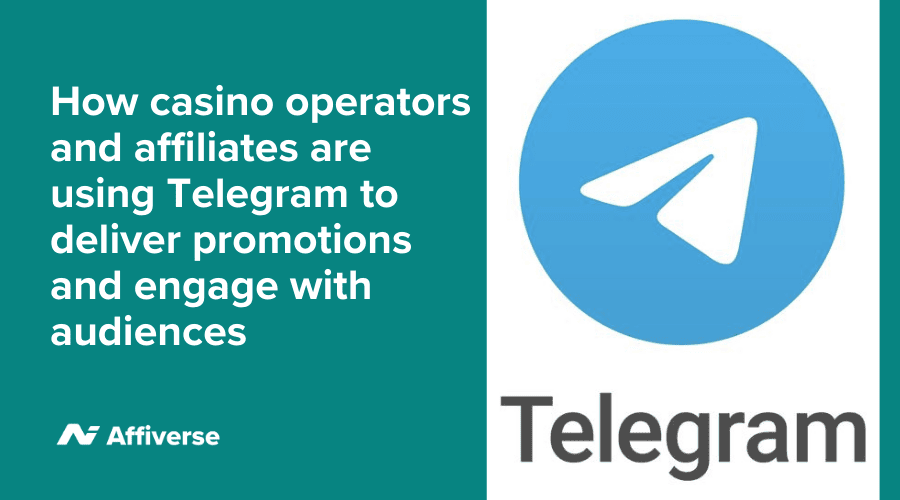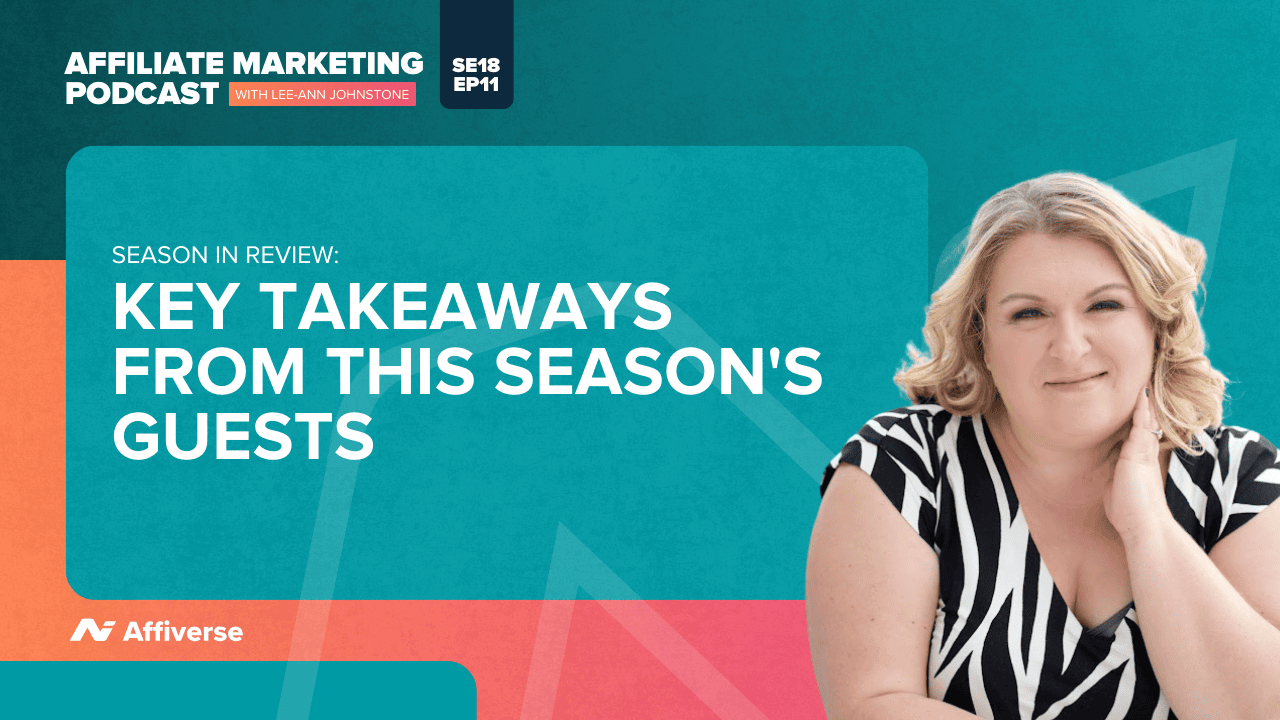In December 2023, the Gambling Commission of Great Britain announced they were extending GAMSTOP to all gambling businesses that make and accept bets by telephone and email. The press release stated that “impacted gambling businesses will have to integrate with the GAMSTOP application programming interface,” allowing their customers’ details to be appropriately cross-referenced.
The changes are due to come into force on April 1st, 2024, and the news has sent ripples through the UK’s gambling industry. Let’s take a broader look at the effects of this expansion and the strategy behind it.
The GAMSTOP problem
GAMSTOP is a free voluntary self-exclusion scheme that gambling consumers can register for. Once on the list, players cannot access their accounts or sign up to play at UK-licensed gambling websites. Until recently, GAMSTOP only applied to online gambling sites, but it’s now being extended to all telephone and email betting services in the UK to create an all-encompassing self-exclusion tool.
However, like many tools designed to assist problem gamblers and people with an addiction, GAMSTOP has not worked as its creators hoped, and in many cases, players who registered found loopholes which could help them evade the blocks.
These loopholes mainly consisted either of issues with the program itself (consumers who changed their details, like name or address, were able to join gambling sites restriction-free) or with players moving to the offshore casino market to evade restrictions entirely (GAMSTOP does not apply to unlicensed gambling sites). Unfortunately, a byproduct of moving offshore means even fewer (or no) responsible gambling and player protections, further exacerbating issues for players who initially sought to stop gambling.
Since GAMSTOP launched in 2018, research has shown a huge increase in predatory marketing practices aimed at GAMSTOP users, or rather content created to fulfil the user intent of finding casinos or gambling sites not on GAMSTOP.
One study found that between 2020 and 2022, there was a significant increase in affiliate sites and casinos advertising as “not on GAMSTOP”. Other studies have reported increased Google searches for “not on GAMSTOP” (or similar) terms. Most concerningly, there has been an increase in the number of news sources featuring this type of advertisement through paid editorials.
Moving towards more comprehensive solutions
The current form of GAMSTOP has many shortcomings, leaving many questioning the decision to extend its reach instead of designing a better, more robust version. Well, GAMSTOP is one of many ways for players to stay safe while gambling online, and it’s been found that players who incorporate multiple tools and prevention strategies are the most successful in cutting harms/stopping gambling.
Responsible gambling tools
These methods include the use of responsible gambling tools like budget limiting, time limits, self-exclusions, time outs, talking therapy, support groups, and blocking software. While a fair amount of criticism has also been levelled at some of these tools (for being unattractive and difficult to set up), there is a more recent trend towards the development of safer gambling tools that are more intuitive and inviting to use, like gamified problem gambling diagnostic tests.
Gambling site-blocking software
Instead of or on top of GAMSTOP, there’s also additional blocking software that players can use. These options block consumers from accessing gambling sites and include both licensed and offshore gambling sites. While many of these are paid subscriptions, which creates a financial barrier to uptake, some, like BetBlocker, are free and include interesting features, like calendaring.
Calendaring allows players to restrict which days of the week they want to gamble, blocking access to sites on offer days. This feature is proactive rather than reactive, seeking to limit gambling before it becomes problematic. Moreover, it is designed for both problem and regular gamblers, meaning it has mainstream appeal and can be introduced and suggested to all players at any point in the player experience.
Role of casinos and affiliates
Speaking of proactive measures, as the first point of call and providers of the product, online casinos have a prominent role in helping consumers gamble responsibly by providing safe and responsible products; this is especially true regarding bonuses.
Specific measures introduced by reputable online slot sites, such as low or no wagering requirements, along with transparent terms and conditions, have been instrumental in driving the market (just as “non GAMSTOP” search terms have increased, similarly so have “no wagering” terms across the same period) and consumer change, while helping to keep customers safe while gambling. For example, playing no wagering slots ensures players can withdraw any winnings immediately without having to wager them excessively beforehand.
The rise in search terms for both non-GAMSTOP and no wagering casinos and the content aiming to fulfil these intents shows the importance of affiliates in how player protection is promoted or not. Affiliates must be sensitive to player protection, balancing profits with responsible gambling. Moreover, they must quickly adapt to any regulation changes with a nuanced approach that aligns with regulatory requirements and ethics.
However, it’s also crucial to caveat this by saying that some of the new measures that will come into force in 2024 are considered more controversial for player safety. For example, there are growing concerns that the newly enforced £2 stake limit for younger players could push them into unregulated markets without player protections.
Conclusion
The GAMSTOP expansion is happening, but unlike the government’s expectations, this may not provide greater levels of player protection as it’s far too easy for players to circumvent the system, whether it applies to online sites or email and phone betting.
Instead, operators and affiliates must encourage the simultaneous uptake of multiple tools and activities to combat problem gambling, including GAMSTOP, website blocking software, support groups, talking therapies, and more. Emphasis also needs to be placed on more proactive rather than reactive protection measures.
Lastly, as key stakeholders in the industry, affiliates must deal with these changes by adapting their strategies to align with the broader scope of self-exclusion measures and safer gambling policies rather than embracing predatory marketing practices.
This promoted content is produced by an advertiser of Affiverse. This is paid-for Advertorial content supplied by the Advertiser. Affiverse allows affiliates, operators, agencies and SaaS providers to share their news, opinion and insights with Affiverse’s audience both online and via our newsletters. To advertise with us, contact: [email protected]




















